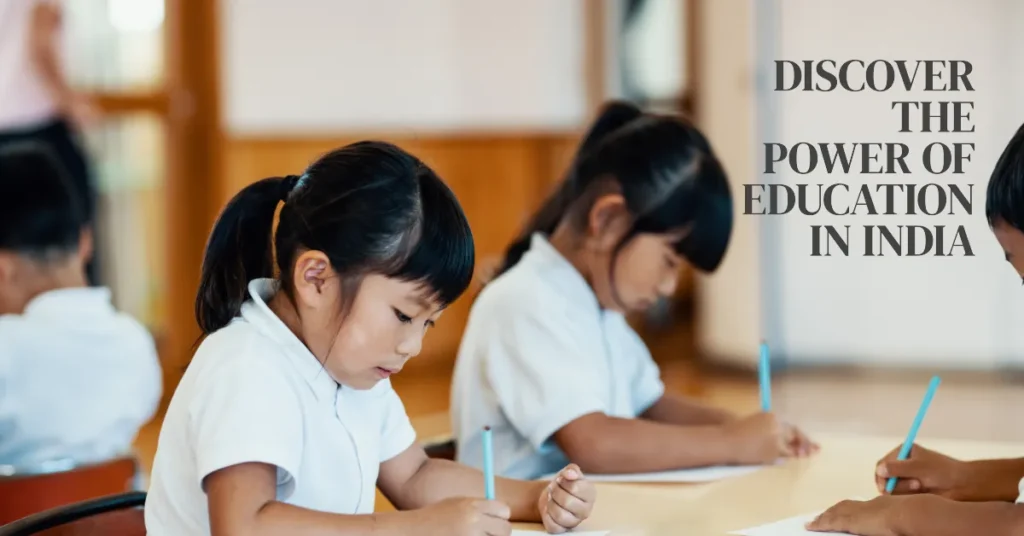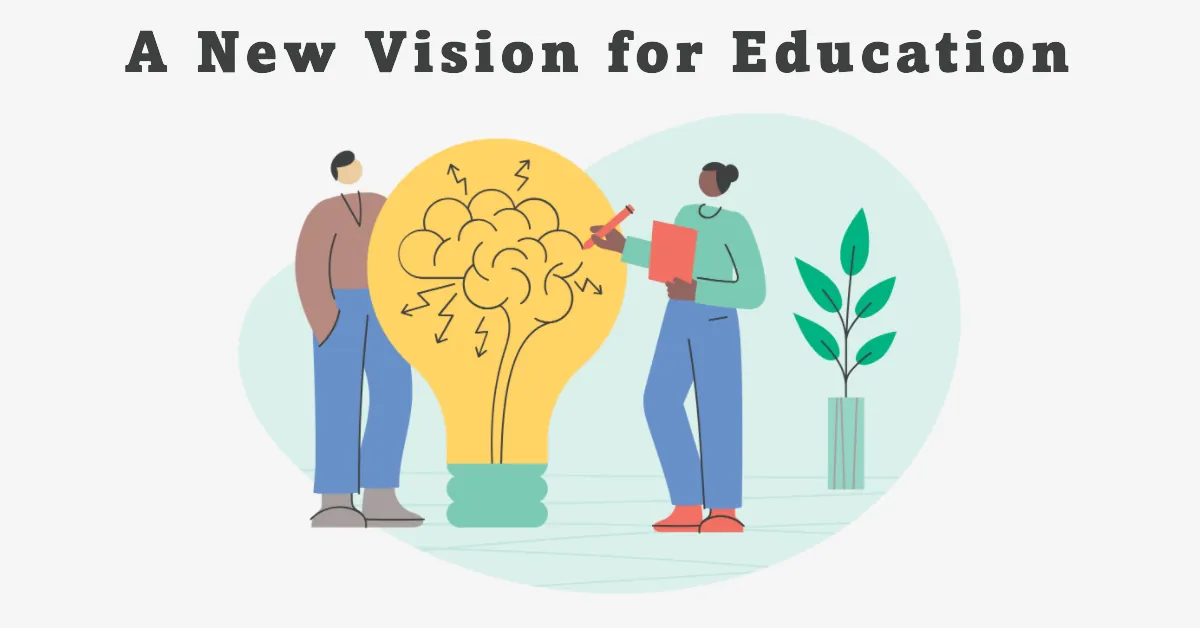Education is a process of learning and teaching, and it is one of the most important aspects of human development. It provides us with the knowledge and skills we need to succeed in life, and it helps us to become informed and engaged citizens. But what is the ultimate purpose of education?
The purpose of education is a topic that has been debated for centuries. There are many different opinions on what the purpose of education should be.
Some people believe that the purpose of education is to prepare students for the workforce, while others believe that it should be to help students become well-rounded individuals.
In this article, we will explore some of the different perspectives on the purpose of education.
Education in the 21st century
The world is changing rapidly, and education needs to keep up. In the 21st century, education needs to focus on developing the skills and knowledge that students will need to succeed in a globalized and increasingly technological world.

Some of the key skills that students need to develop in the 21st century include:
- Critical thinking and problem-solving skills
- Creativity and innovation
- Collaboration and communication skills
- Digital literacy and information fluency
- Global citizenship and cultural awareness
Education systems around the world are working to adapt to the changing needs of the 21st century. They are incorporating new technologies into the classroom, focusing on project-based learning, and emphasizing the importance of soft skills such as critical thinking and collaboration.
The Purpose of Education
Education is a complex and multifaceted process that serves many purposes.

According to Sir Ken Robinson, a renowned educator, there are four core purposes of education:
- Personal development: Education should help students develop their full potential as individuals. This includes developing their critical thinking skills, creativity, imagination, and social-emotional intelligence. Education should also help students develop their own values and beliefs, and to understand their place in the world.
- Economic development: Education should prepare students for the workforce and help them develop the skills they need to succeed in their chosen careers. This includes both technical skills and soft skills such as communication, teamwork, and problem-solving.
- Cultural development: Education should help students understand and appreciate their own culture and the cultures of others. This helps students to develop a sense of identity and belonging, and to become more tolerant and understanding of others.
- Social development: Education should help students develop the social skills and knowledge they need to participate in society as active and engaged citizens. This includes learning how to communicate effectively, work collaboratively, and resolve conflict peacefully.
These four purposes of education are interconnected and complementary. For example, personal development is essential for economic development, as students need to be able to think critically and solve problems in order to be successful in the workforce. Similarly, cultural development is important for social development, as students need to be able to understand and appreciate different cultures in order to participate in society effectively.
The purpose of education is not simply to prepare students for a job or to earn a salary. Education is about helping students to develop their full potential as individuals and to become active and engaged citizens. It is about helping students to live fulfilling and meaningful lives.
The Role of Education in India
In India, education has always been considered a means to achieve social mobility and economic prosperity.

Education is seen as a way to break the cycle of poverty and create a better future for oneself and one’s family. The Indian government has taken several steps to improve access to education and ensure that students receive quality education.
The Right to Education Act (RTE) was passed in 2009, which made education a fundamental right for children between the ages of 6 and 14. The RTE also mandates that private schools reserve 25% of their seats for students from disadvantaged backgrounds. This has helped to increase enrollment rates and reduce the number of out-of-school children.
The government has also launched several initiatives to improve access to education at all levels. The Sarva Shiksha Abhiyan (SSA) and Rashtriya Madhyamik Shiksha Abhiyan (RMSA) programs have helped to:
- Build new schools and classrooms
- Improve teacher training.
- Provide scholarships to students from disadvantaged backgrounds.
As a result of these government initiatives, there has been a significant increase in literacy rates and educational attainment in India. However, there are still many challenges that need to be addressed.
Challenges Facing the Indian Education System
Despite the significant progress made in recent years, the Indian education system still faces a number of challenges. Some of the key challenges include:
- Ensuring quality education for all: While access to education has improved significantly, there is still a need to ensure that all students receive quality education. This includes addressing issues such as teacher training, curriculum development, and infrastructure development.
- Focusing on vocational training and skill development: The Indian education system needs to focus more on vocational training and skill development to prepare students for the workforce. This is essential for India to meet its economic development goals and to provide its citizens with the skills they need to succeed in the job market.
- Addressing gender inequality and social discrimination: Gender inequality and social discrimination continue to be major challenges in the Indian education system. Girls and students from marginalized communities are often less likely to have access to quality education. It is important to address these challenges in order to ensure that all students have an equal opportunity to succeed.
However, it is important to note that addressing these challenges will require a sustained and well-coordinated effort from all stakeholders, including the government, schools, teachers, and parents.
Conclusion
In conclusion, The purpose of education has remained the same over time, but the way that we deliver education needs to change to meet the needs of the 21st century.
The purpose of education is a complex and evolving issue. In Indian, there is a need to reform the education system to ensure that all students have access to quality education that prepares them for the future and helps them develop their full potential as individuals.
Addressing the challenges facing the Indian education system will require a sustained and well-coordinated effort from all stakeholders, including the government, schools, teachers, and parents. However, the benefits of a well-educated population are immense. Education can help to reduce poverty, improve economic growth, and create a more just and equitable society.
Investing in education is one of the best investments that India can make for its future. By providing all children with access to quality education, India can create a generation of citizens who are ready to lead the country into the 21st century.

